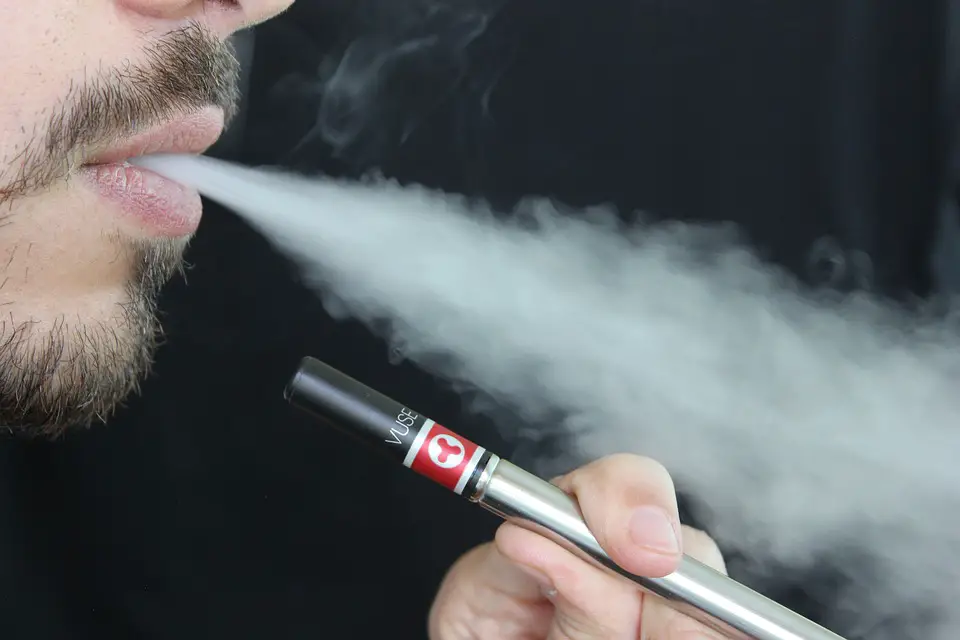With a lot of smokers switching to the infamous “e-cigarettes” or electronic cigarettes, the government is making relevant observations as regards this topic. The House in the 18th Congress finally made their decision to OK and/or approve the very first (1st) bill that was filed. This bill is to increase the current taxes on alcoholic beverages and establish new taxes on “vapes” and e-cigarettes.

Having a vote of 184 in favor, one (1) abstention and two (2) against, the 18th Congress House approved the bill; as of today, it is on its final reading.
Read: Duterte Signs Into Law That Declares Sept. 8 as a Special Working Holiday
Last week, the specific measure has seen approval of its second (2nd) reading. Furthermore, an identical proposal about increasing taxes on these products is still pending in the Senate of the Philippines.
What does the proposal suggest?
We are all aware that the bill looks to increase the taxes on things that can harm us. This is similar to the sin tax law that our country is experiencing. The difference is that, including the sin tax law, additional taxes would be added.
This move is to help Filipinos be discouraged to purchase alcoholic beverages, e-cigarettes, vapes, and the like for them to have healthier lifestyles.
Read: Duterte Signs The Community Service Act
The act is making the suggestion of having a twenty-two (22) percent excise tax on the net retail price (NRP) of alcoholic beverages in the market. In addition to that, an additional specific tax of P35 per proof liter beginning the 1st of January 2020.
Not just that, the act also suggest an increase of seven (7) percent per year in the years to follow starting the year 2023.
Would this discourage Filipinos from purchasing alcoholic beverages?
If money is not a problem, then it might not. However, the drinking population that staggers the market is more than half—basically, more people will be impacted by the increase of taxes.
Read: Sotto Looks to Exempt Public School Teachers From Income Tax
Should the bill get passed, by 2021, the tax per proof liter will be higher by a scary P40.00. Tobacco products, on the other hand, will see an increase of P45.00 per a 20-case pack starting January 1st, 2020; of course, considering the fact that a P5.00 annual increase is existent.
Therefore, if the bill passes, the measure looks to impose a five (5) percent tax increase for every succeeding year.
What about e-cigarettes and vapes?
As we mentioned above, these products will see a new taxes being imposed. Vaping products, as per the act, will be taxes P30.00 per milliliter. That is a fraction thereof the following year.
Read: House Bill 504 – Sidewalks and Public Roads Use Act
Moreover, by the year 2023, the amount can reach a staggering P45.00. And it is of course worth mentioning that a five (5) percent tax hike starting 2024 will be effective.
A lot of bills and acts were proposed in the previous years. In fact, our dearest President Rodrigo Duterte, just last month, approved a law which imposed a hike on cigarette taxes to P45.00 per pack starting 2020. It is also worth taking note that this is on top of the tax hike on tobacco and alcohol that he approved at the beginning of this year.
So, it is quite evident that a lot of bills and acts revolving around an increase in tobacco and alcohol taxes, including e-cigarettes and vapes are in the works. So, hopefully, all these acts will help to discourage the people from purchasing alcoholic beverages, tobacco, e-cigarettes, even vapes.
The Universal Health Care Law
Recently signed, the Universal Health Care Law aims to give aid to all Filipinos who are in dire need of medical assistance. The additions in the taxes of alcoholic beverages and tobacco products, as per the bill, will be to fund the implementation of the Universal Health Care Law to expand the reaches of help that the Philippine government can provide.
Read: 14th Month Pay For Private Sector Employees, Pushed by Senator Sotto
What do you think about higher taxes on both alcoholic beverages and tobacco products? Would this help in the betterment of the lives of Filipinos? Could this greatly help in the improvement of health in the country?
